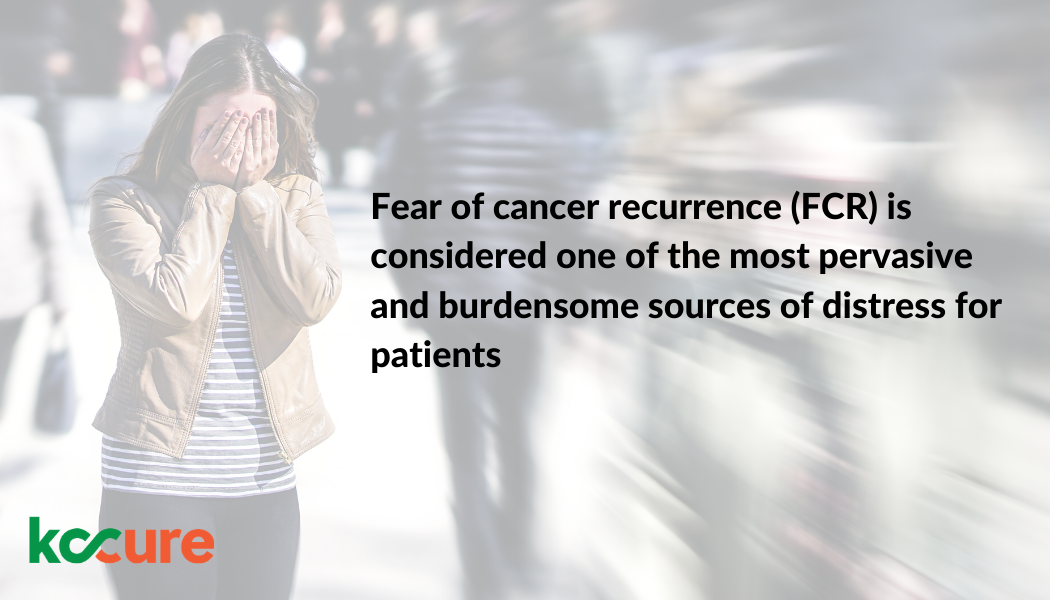Seventy-five percent of patients will be diagnosed with localized disease – cancer that is confined to the kidney. For most of these patients, surgery will be curative. Because of that fact, few resources exist to support these patients. The assumption is that they are “cured” and no longer need additional care. They are “lucky.”
The problem with this logic is that 20 to 40 percent of those patients will eventually face a recurrence in their lifetime. Patients live in fear, wondering if they will be one of those people.
While algorithms have been created, there still isn’t any consensus on how to risk stratify patients with localized disease. There is also no consensus on the type or frequency of follow-up care they should receive. Many patients are unaware of important details of their diagnosis, including stage, grade and subtype. This lack of standardized explanations and follow-up care exacerbates patient anxiety.
These “lucky” patients will leave their surgical appointments free of visible cancer in their body – but many of them now have a new ailment, one that is rarely recognized in the medical field. They suffer from Fear of Cancer Recurrence (FCR).
For the first-time ever, data has finally been published on the extent of this suffering. Our survey of 412 patients diagnosed with localized disease, found that nearly 70 percent of patients were struggling with moderate to severe distress and more than 50 percent had diagnosable FCR. Women and younger patients were more likely to have higher levels of anxiety.
FCR not only contributes to patient suffering, it drives poor decision making by patients and doctors. Patients who are suffering from anxiety are more likely to demand unnecessary and invasive procedures as a way to seek reassurance.
These are numbers that can no longer be ignored or glossed over. Doctors have a responsibility to acknowledge the emotional toxicity of a cancer diagnosis and work together to find better ways to address it.
We can start with these simple recommendations:
- End the use of phrases like, “we got it all” and “you’re cured.”
- Ensure that every patient has a full understanding of their diagnosis, including RCC type, stage, grade and risk of recurrence.
- Develop standardized and simplified follow-up plans for patients with localized disease.
- Make psycho-social support a routine part of care for every patient.
The greatest untapped resource in kidney cancer research is the patient voice. So much can be done to improve care, simply by listening.
Our thanks go out to the brave patients who participated in our survey, who share their stories and so willingly work to improve care for others.









